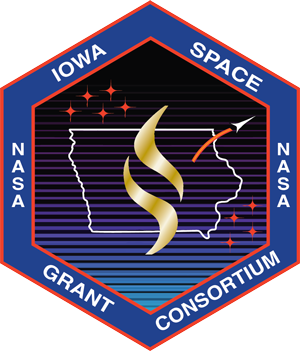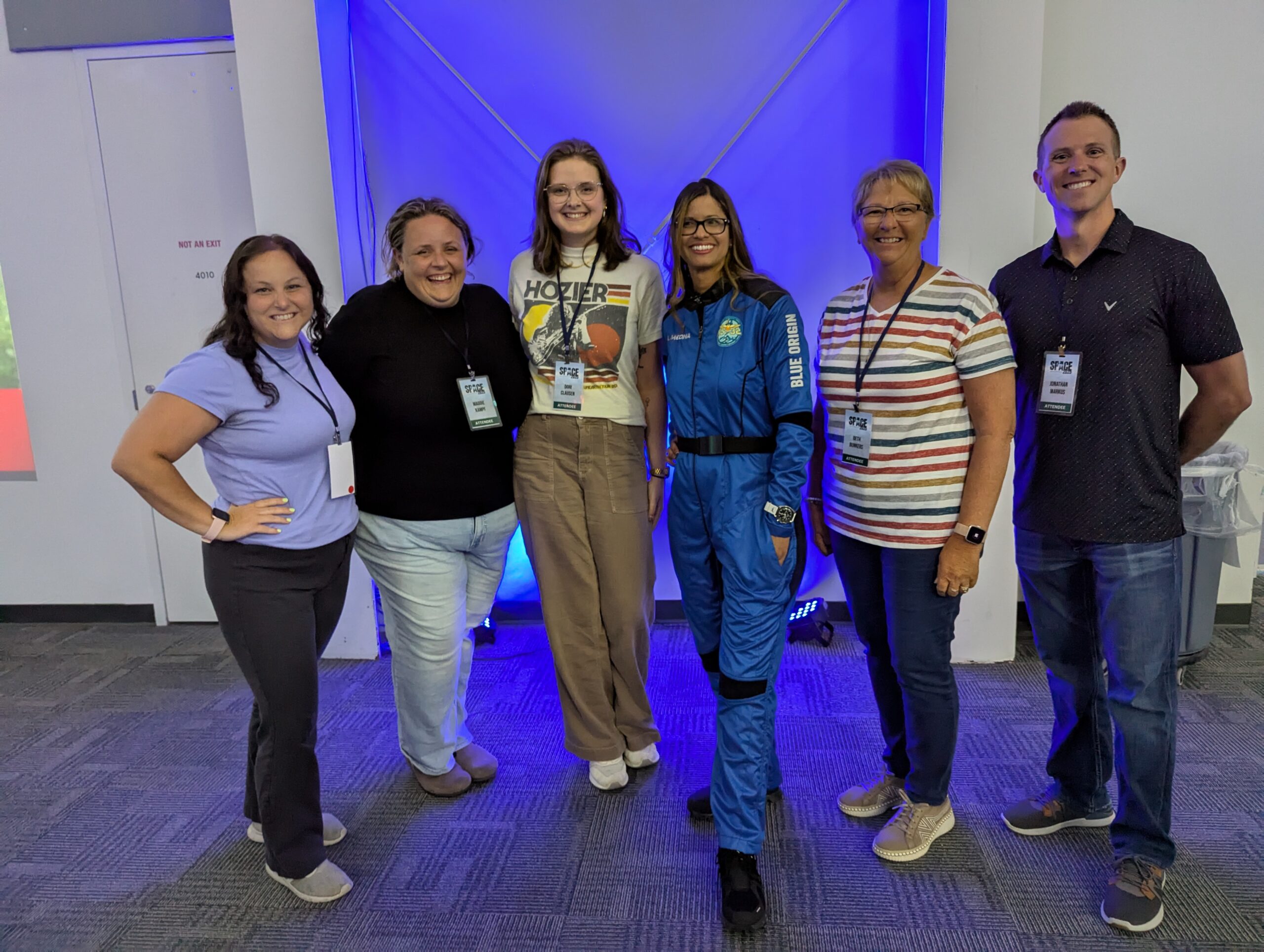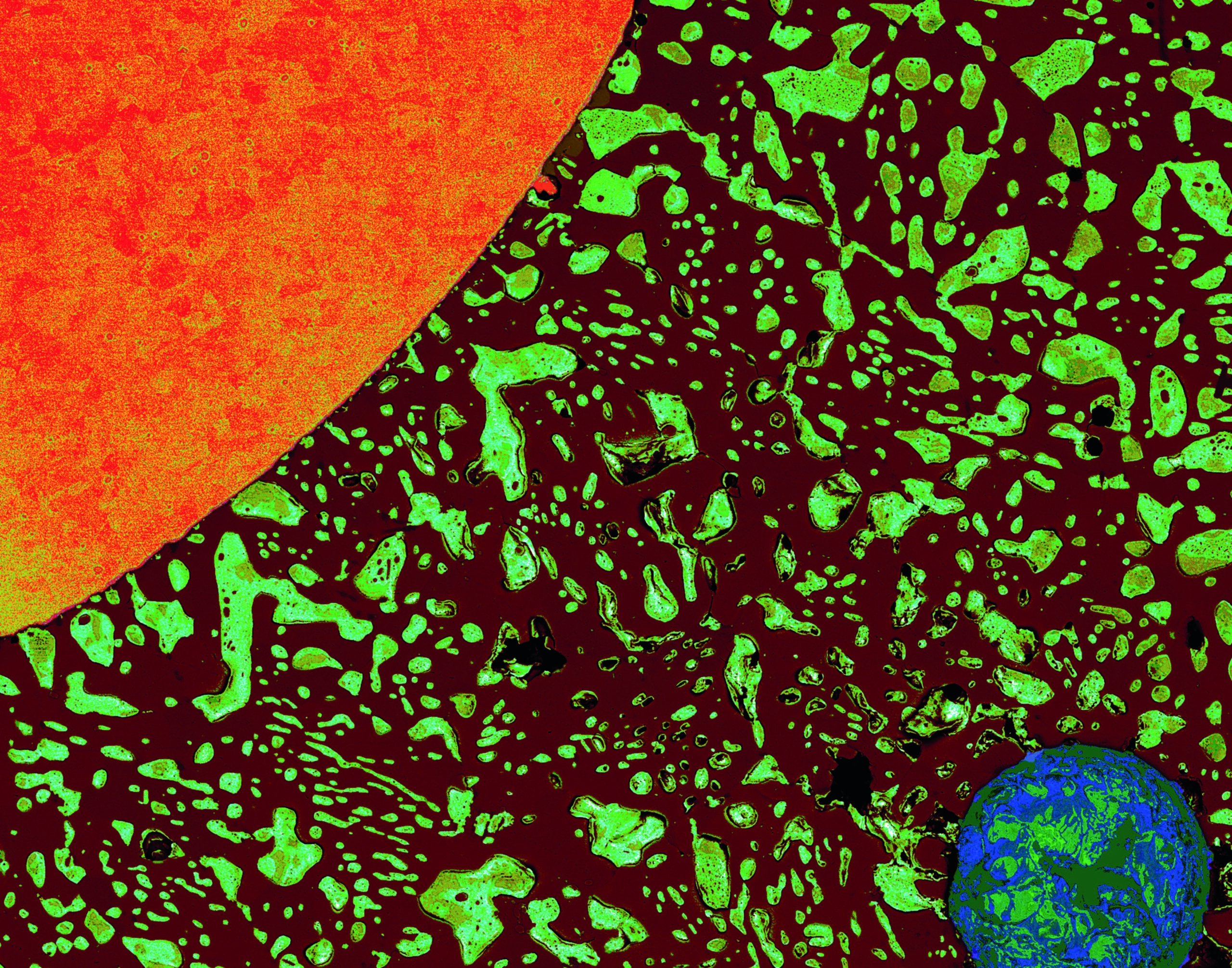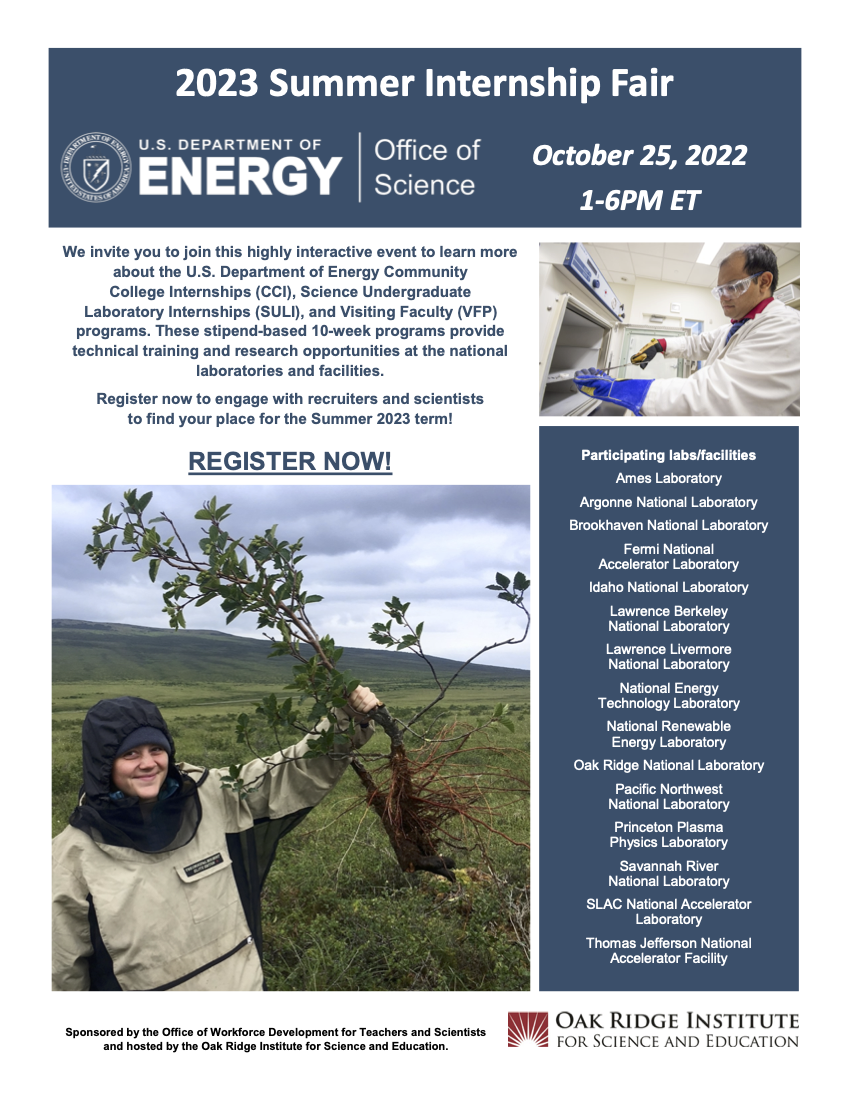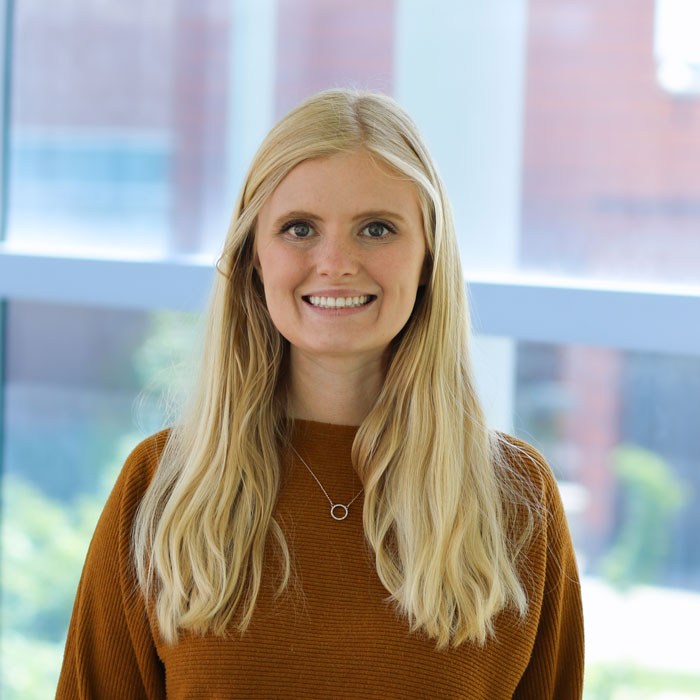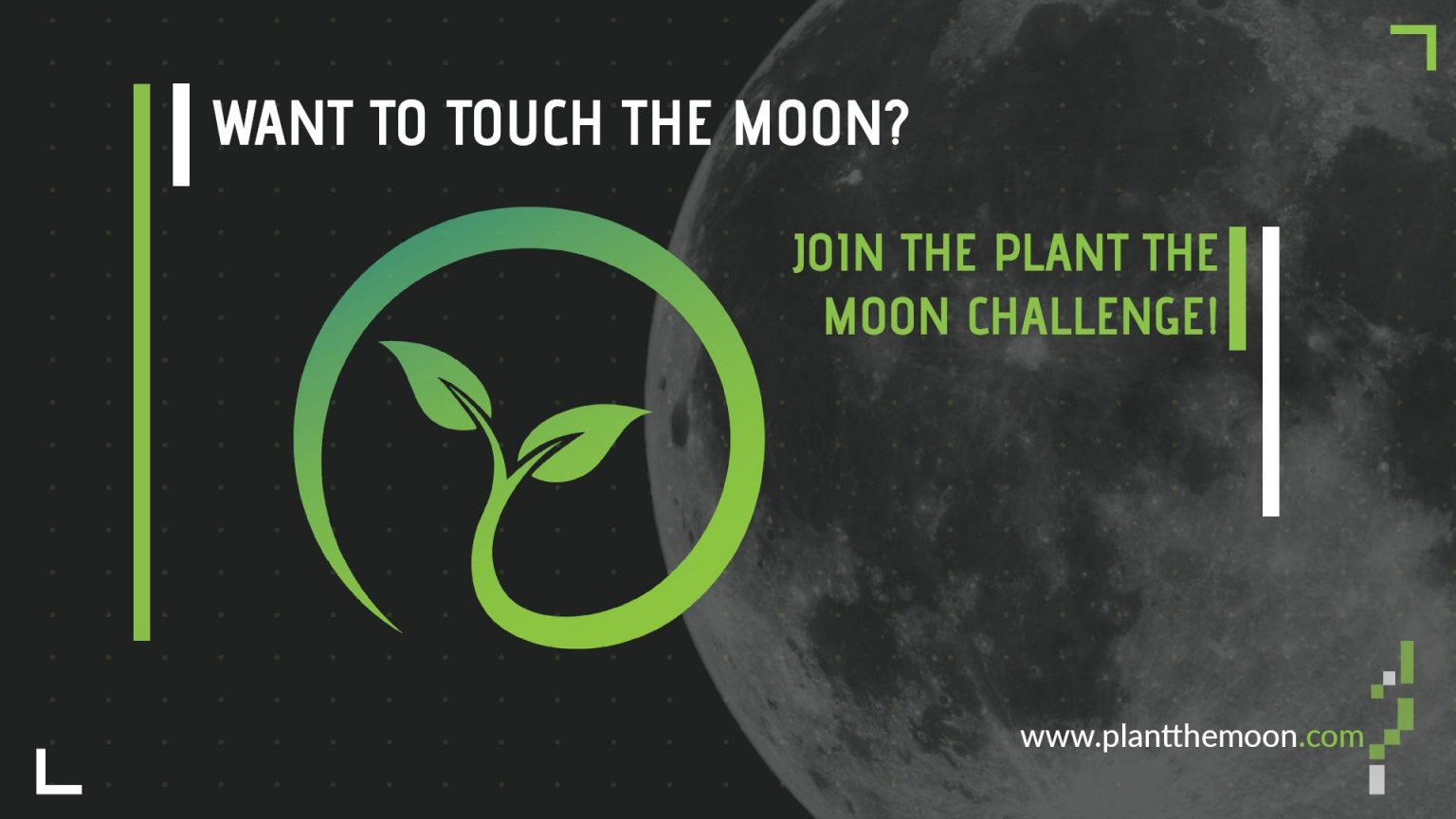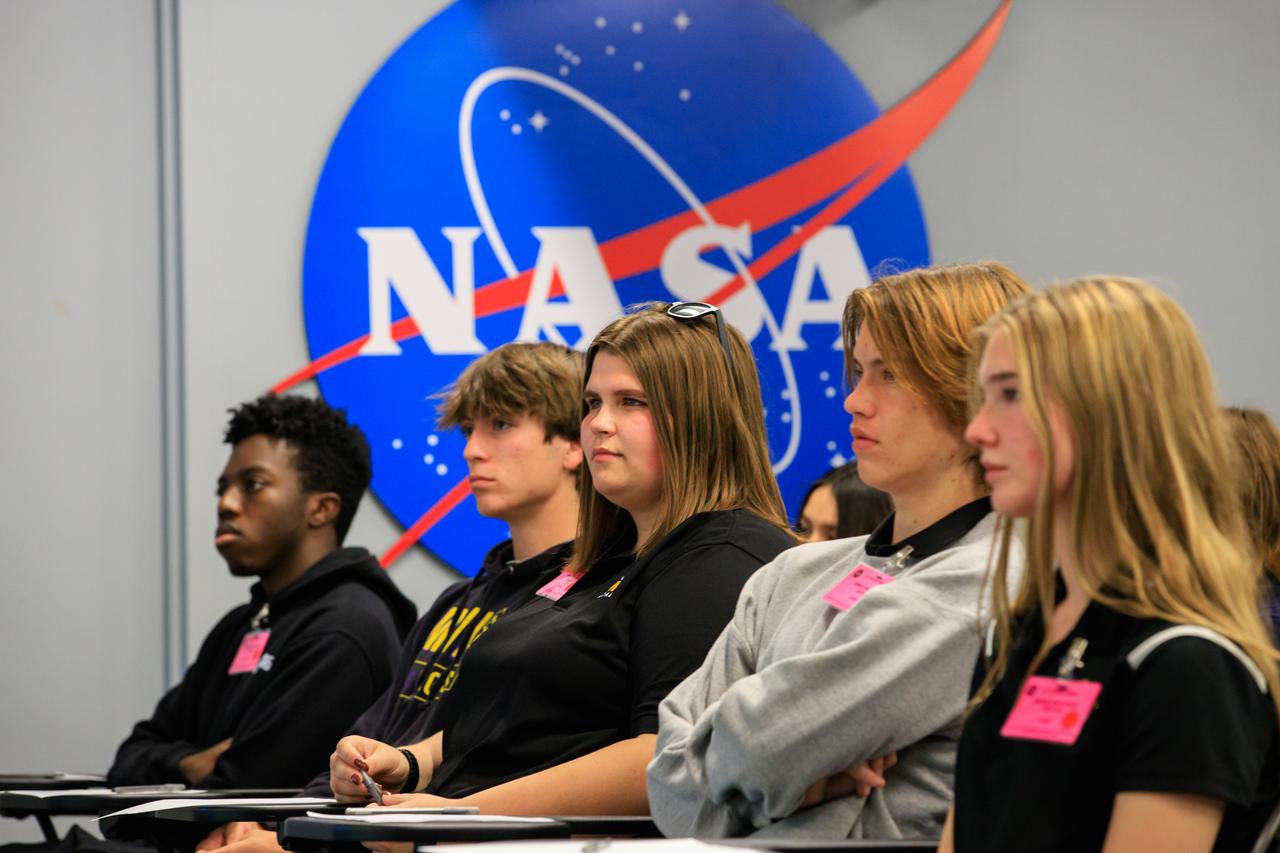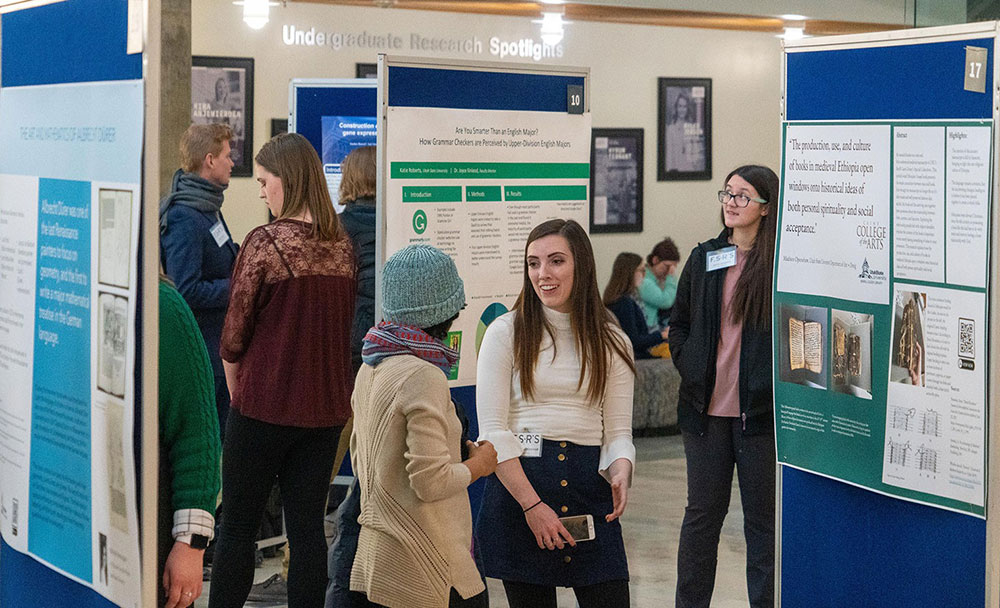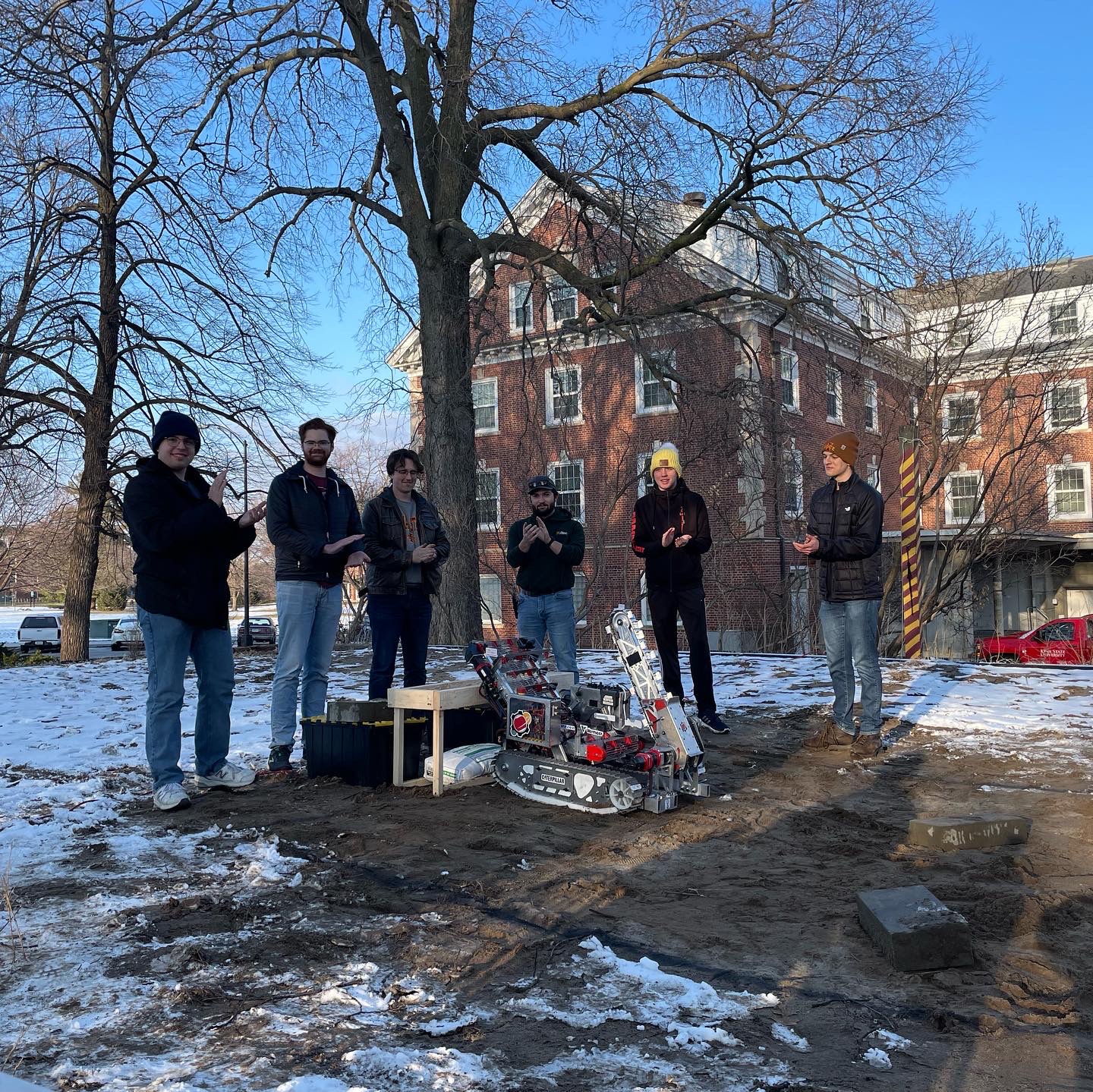A team of Iowa educators and STEM leaders recently experienced a once-in-a-lifetime opportunity at the SPACE 2025 Port Area Conference for Educators, hosted at the Kennedy Space Center Visitor Complex in Florida. Sponsored by the NASA Space Grant College and Fellowship Program, the conference connected K–12 educators with the science and engineering behind today’s space exploration and the inspiration to bring it back to their classrooms.
🌟 Iowa STEM Leaders in Attendance
Representing schools and STEM programs from across the state, the Iowa cohort included:
- Dori Clausen – Colfax-Mingo Jr/Sr High
- Jon Markus – Adel DeSoto Minburn Middle School
- Maddie Kampf – Indianola Community School District
- Josie Libby – Aplington-Parkersburg Middle School
- Beth Bunkers – ISU Extension and Outreach
🧪 Immersive Learning and STEM Integration
Throughout the multi-day conference, educators took part in STEM workshops focused on classroom-ready lessons and activities. Highlights included:
- A keynote address by Blue Origin astronaut Amy Medina Jorge
- Interactive sessions led by NASA engineers and educators
- Q&A panels with NASA alumni and aerospace professionals
These experiences helped teachers build deeper connections between STEM education and space careers.
🛰️ Behind-the-Scenes at NASA and Blue Origin
Participants had behind the scenes access to some of the most iconic areas at Kennedy Space Center and facilities at Blue Origin, including:
- The NASA Crawler, used to transport rockets to the launch pad
- The Vehicle Assembly Building (VAB)—one of the largest structures in the world
- A tour of Blue Origin’s manufacturing facility, showing aerospace engineering in action
“Standing across from Artemis II in the Vehicle Assembly Building and listening to the astronaut speak of his experience reminded me why STEM education matters so deeply. Thanks to the NASA Iowa Space Grant Consortium, I returned to Iowa and my classroom more inspired than ever to launch the next generation of explorers.”
— Maddie Kampf
🔭 Rocket Launches That Lit Up the Sky
The Iowa team also witnessed two powerful space launches:
- SpaceX Falcon 9 (2:30 AM Launch): A night launch carrying astronauts—including Iowa native Peggy Whitson, who has spent over 665 days in space
- Daytime Launch: A cargo mission showcasing the scale and precision of modern rocketry
“The behind-the-scene tours of the Vehicle Assembly Building truly brought the scale of NASA’s spacecraft into perspective. I hope to bring that same sense of wonder and curiosity into the classroom.”
— Jon Markus
💡 Bringing Innovation Back to Iowa Classrooms
Educators left SPACE 2025 with more than memories. They returned with classroom-ready ideas, real-world applications, and a renewed sense of purpose.
“This was an unforgettable journey blended with inspiration, innovation, and real-world STEM learning.”
— Beth Bunkers
The NASA Iowa Space Grant Consortium is proud to support educators helping to ignite and inspire the minds of the next generation and launching a new era of STEM excellence in Iowa.
